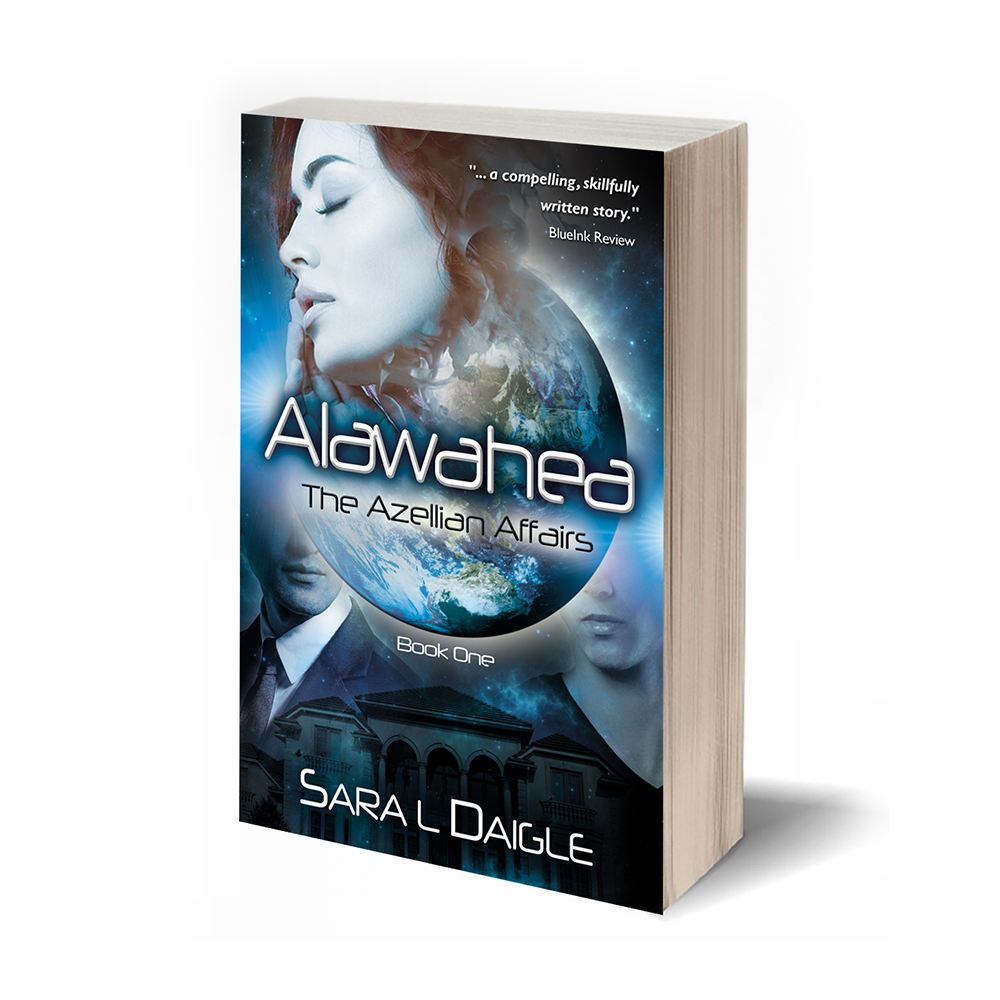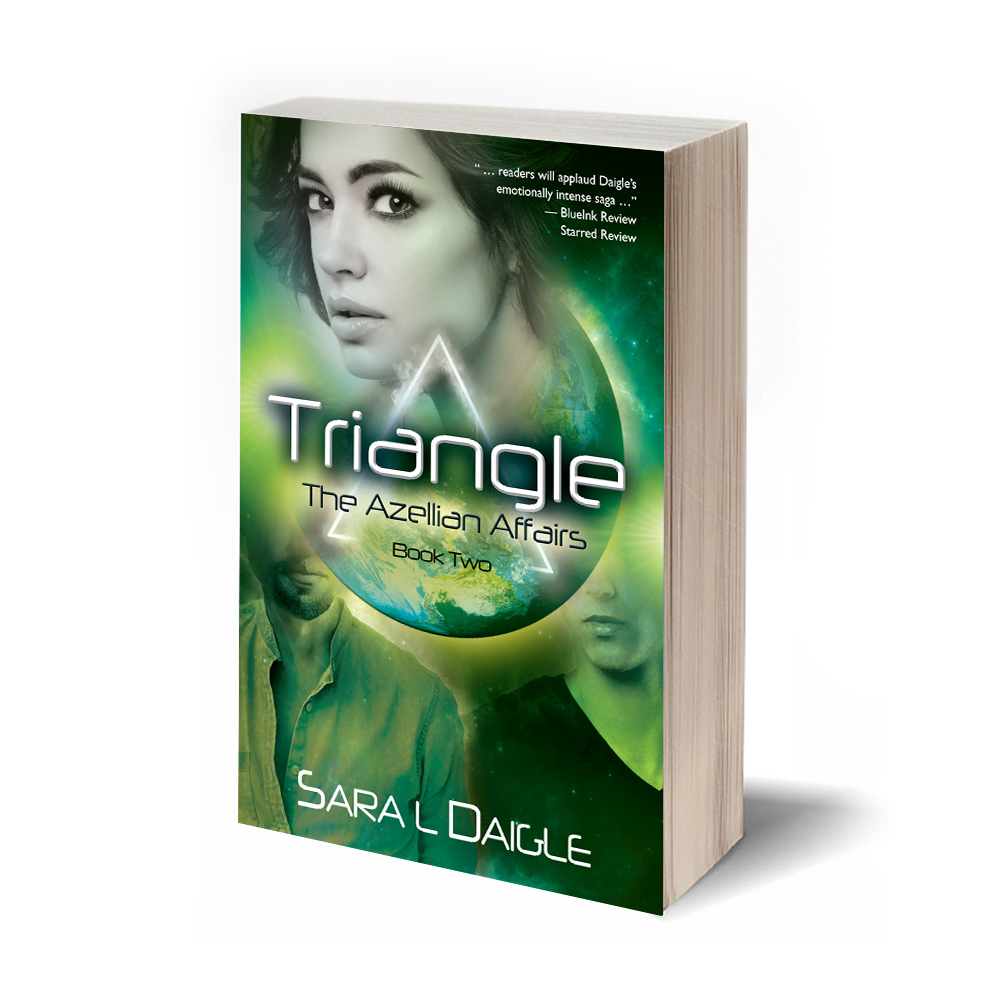Review: The Handmaid's Tale on Hulu
/For the past couple of weeks, I have been watching The Handmaid’s Tale on Hulu. My reaction to it is interesting: despite some strong mixed feelings about whether or not I like the story, there is something very powerful about the storyline, a deeply resonant thread that keeps me coming back despite an often unpleasant visceral response and yes, sometimes a sarcastic “Really?!? Seriously?!” thrown at the screen when certain things happen. For the past two weeks, as I’ve watched the show, I observed and listened and finally have realized just what I am perceiving: the storyline is so very timely in this era of #MeToo and the lashing out of the shadow that lurks in all of us. It is giving voice to a powerful, terrifying rage that haunts our psyche. The Handmaid’s Tale on Hulu is an unabashed exploration of that shadow, an unapologetic imaging of the suppressed feminine rage that whispers (or screams) in all of our heads. How we react to that rage varies depending on our upbringing, gender and level of energetic awareness, but we all know the fundamental rage quite well—and The Handmaid’s Tale on Hulu unashamedly illustrates it.
Hope lingers that there will be some happiness to be found along the way in the story—and there sort of is—but the question becomes how much of ourselves will we allow to be consumed by the shadow? To heal something, one must fully feel it, and one of the ways we do that is to witness with compassion even the strongest and lethal shadows there are. But how far is too far? Will seeking to claim vengeance in an effort to lance the pain ease the rage? And if it does, how deeply does one dive into the storm? Will it take over and fundamentally change us for the worst? These are all deeper questions posed by the television show.
Interestingly, The Handmaid’s Tale, as written by Margaret Atwood, is very different, a warning of what lurks in the shadows, not a full-on wading or swimming in the darkness. The show doesn't even pretend that it is speaking about anything but vengeance: we watch the question get asked again and again through multiple characters on the show.
Why such a difference between the two? Here is my perception in this moment: this television adaptation of Margaret Atwood’s novel on Hulu has a very different timing than the book Margaret Atwood wrote: the #MeToo movement is very much here, reminding us that though we have come a distance compared to the 80’s when the book was published, there remains yet quite a distance to go. When Margaret Atwood wrote the story, the rage was very much there, but the changing times had not yet started to bring the pain, the violations and the rage to the surface yet. This iteration of the timeless classic is giving voice to something that has been bubbling to the surface for a very long time, and although violent vengeance is not something I personally choose as a response most of the time, I have very definitely felt that rage on occasion. It lurks in all of us, waiting to be seen, to be acknowledged. Not forgiven or ignored, just witnessed.
Although the show is fictional, the themes in the show are very real and very relevant. It speaks to everyone—men and women alike, albeit in different ways—and it leaves a mark. People may hate or love it, but very much like the shadow it is expressing, the show wants to be seen. The shadow that the show reflects simply wants to be known. This show does a beautiful job of stripping all the “glory” of that shadow away. Vengeance is ugly. The acts that created the pain that lead to it are visceral and ugly. However, humanity is capable of great evil AND great good. In the end, no hero is uni-dimensional. No villain appears out of thin air without facets. And no one has the answers—there are only different paths, some of which are more or less painful than others, but they all have the right to be heard. The long domination of the toxic masculine is coming to an end, and healing arrives—but to heal the hurt one has to feel the hurt. This show is brutal, agonizing and may never heal. It poses the question: what if we never heal? Is that okay? That’s yet another question without an answer, and we can only face it with compassion for ourselves and those of us who are lost in the darkness.
There is at least one more season coming. Will I watch it? Maybe. I am a sucker for a series, and there are some bright gems sprinkled through the show that have me curious to see if they will germinate (and yes, I personally want to see redemption for the characters, the story and the world), but at the same time, the show is as it is. It is dark, but it gives a brilliant voice to our own torments through characters who are struggling with the same questions we are. Can we heal and release that pain that has dominated our lives for generations? Is that darkness all there is, or does there remain light in our lives? Is it only about revenge? What toll does revenge take on who we are and those we love? How are we going to live our lives in the future once that revenge has played out? Do we take responsibility, or continue to spread blame? What is the difference?
After all, the light is real, but so is the darkness. There is no hiding from it, no pretending that it doesn’t exist any more. And maybe just maybe, that’s okay. As my favorite Rumi poem says,
This being human is a guest house.
Every morning a new arrival.
A joy, a depression, a meanness
Some momentary awareness comes
As an unexpected visitor
Welcome and entertain them all!
Even if they are a crowd of sorrows
Who violently sweep your house
Empty of its furniture.
Still, treat each guest honorably.
They may be clearing you out
For some new delight.
The dark thought, the shame, the malice,
Meet them at the door laughing,
And invite them in.
Be grateful for whoever comes,
Because each has been sent,
As a guide from beyond.
The world in which we find ourselves today seems to be wreathed by shadow. I invite the shadow in, I see it, respect it and acknowledge it while knowing that we are, at the core, still beautiful, still light and still loved. I see the fear, the rage and the deep despair that The Handmaids Tale does so well at illuminating and I embrace all those parts of me that resonate with it. We are here to witness a fundamental shift in the human psyche and if it hurts in the healing, I know from personal experience that fully accepting the hurt for what it is and allowing it to be present within me to the fullest, changes the pain into something else. What that pain becomes, is unique to each of us, but for me, the other side of pain feels so peaceful, so restful, so flowing. It feels like being cradled by water, floating weightless in space. In those quiet spaces between the raging waves of pain and violence, I have seen glimpses of other possibilities so truly beautiful, they take my breath away. Those possibilities represent a freedom and expansion that lead to true nirvana.
Am I willing to step out of the darkness, to love the parts of me that resonate with it? YES. I’m willing to love with such ferocity that even those parts of me mired in darkness feel it. Am I willing to shift perspective so deeply that I can feel both heaven and hell and remain rooted in the divine NOW? Yes. And so I can watch The Handmaid’s Tale with a sense of deep compassion for not just the characters who are in so much pain, but myself and the world around me as well.
Alawahea—it is as it was, is and will be and Kyanalira—divine love be with us all. And so it is.
I asked a friend from Azelle to share his perspectives: to read that interview join as a Visiting Rover or Fellow Voyager:



